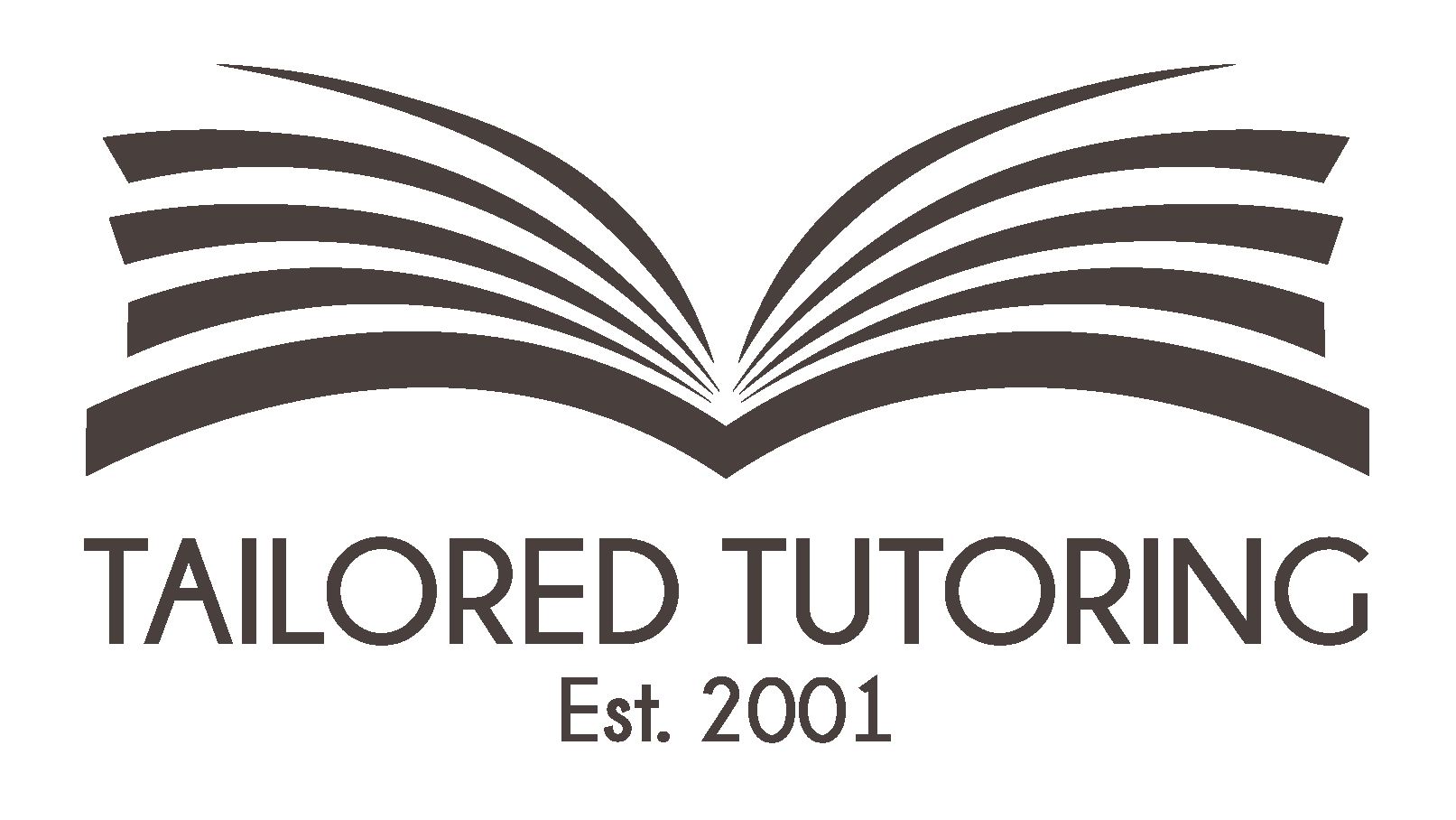Photo: Original Monorail structure in Lego by child, age 8
When we say someone is “smart,” what type of intelligence are we describing? Are we thinking about the athlete who has to strategically pace herself through fifty laps? Or the artist who finds the perfect balance between light and shadows in an oil painting? Or the plumber who fixes pipes in buildings with intricate and complex architectural designs?
When we only think of “smart” as people who get straight A’s, read certain books, or have an easy time in school, we’re missing out on the variety of intelligence that makes our world so diverse. Many public schools in the United States are designed to prioritize the traditional subjects of math and language arts. These subjects are essential, but they aren’t the only ways for students to thrive. Many students may not discover what they truly love to do or a skill they’d like to master because they don’t get the opportunity to practice it in school. A high school student may never know their interest in welding because they’re school can not afford to offer the program. A student who learns kinesthetically may never get the chance to dance because she doesn’t have transportation to take classes.
There’s so much more to intelligence than how it translates to grades. Additionally, saying someone is “smart” in a certain subject makes it seem like people are just born with a set of skills. However, many people we consider intelligent also had support, a schooling environment tailored to their learning style, and/or access to a variety of opportunities. When we’re quick to label certain students as “gifted,” we should pause and consider who we’re limiting or overlooking with our narrow definitions of success and learning. How can we encourage students whose passions may not align with the traditional school subjects or who don’t have the resources to grow in the skill that interests them? How do we make sure our students know that they don’t have to fit into a constricting idea of “smart” to make an impact on the world? How do we promote a diversity of intelligence in our classrooms and at home?
By The Tailored Tutoring Writing Team
www.tailoredtutoringllc.com
(856) 662-7230

